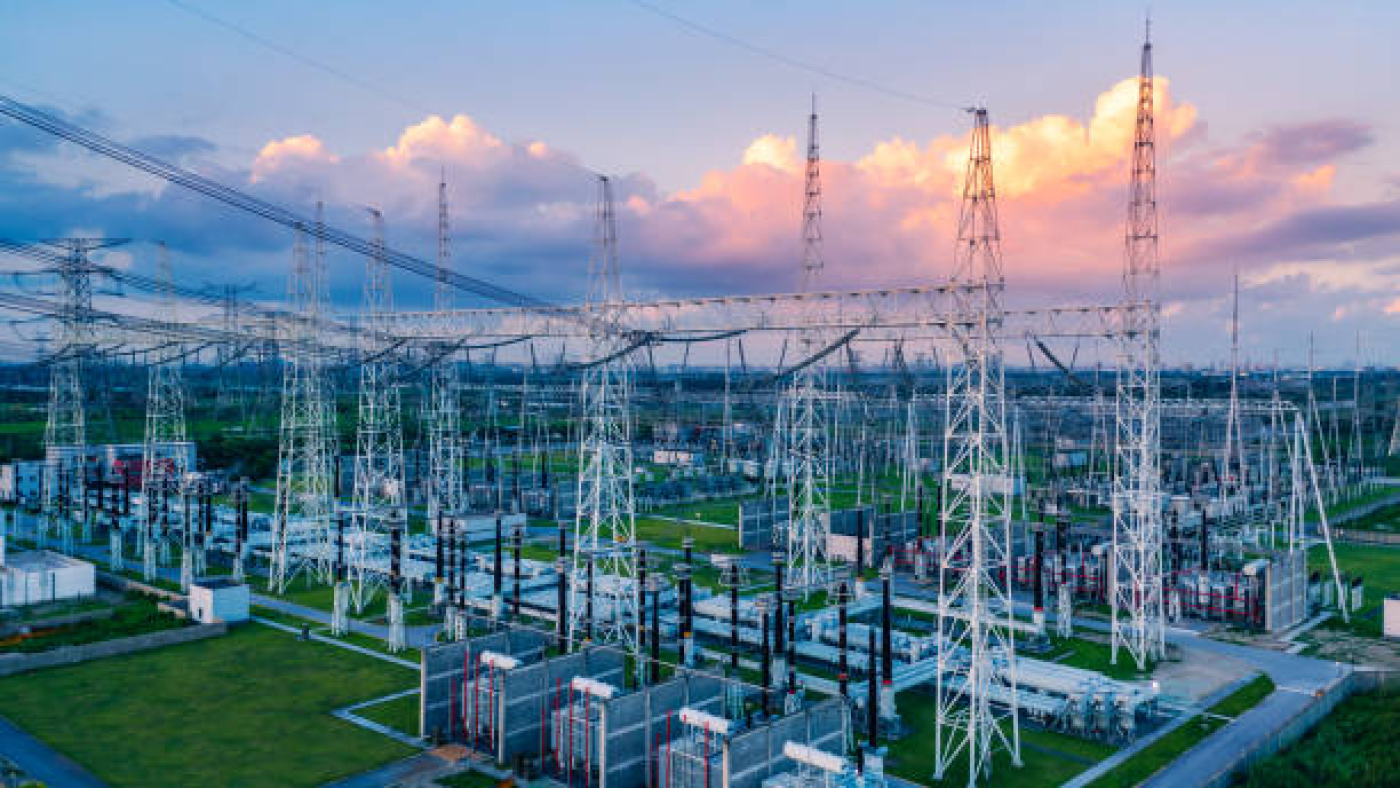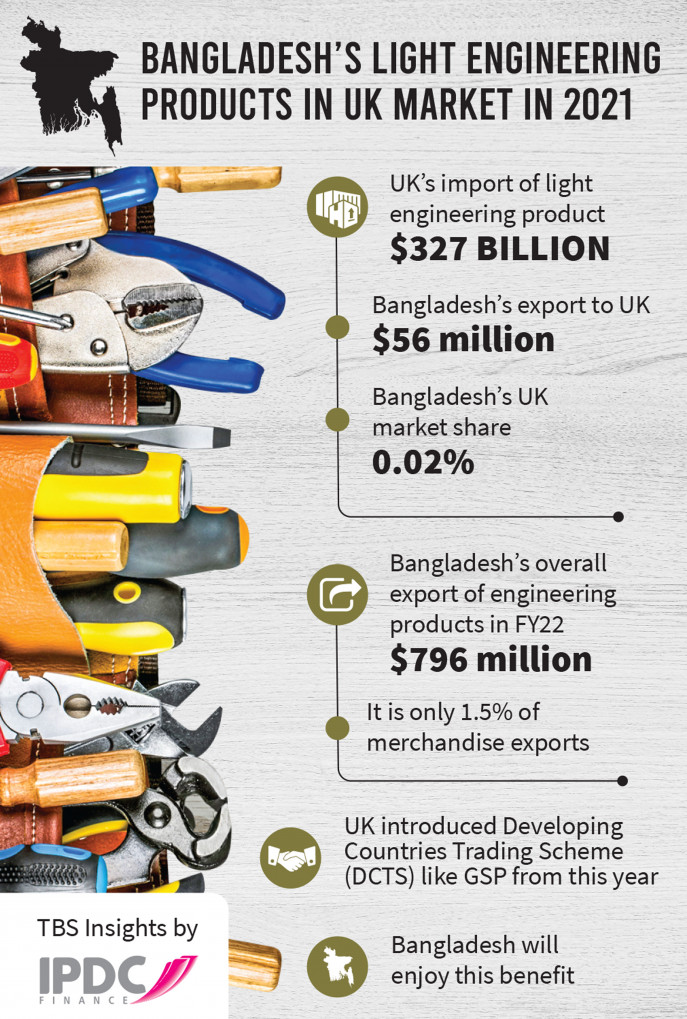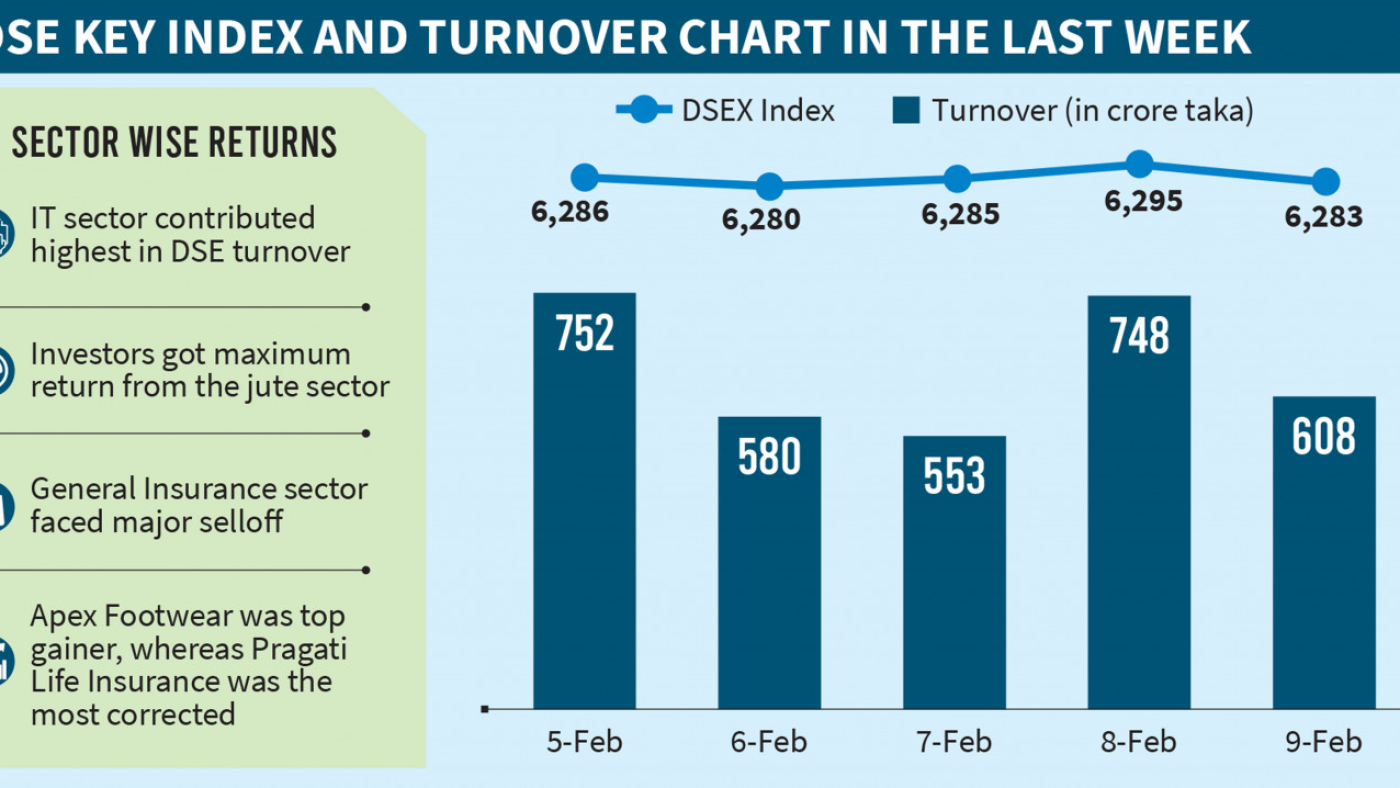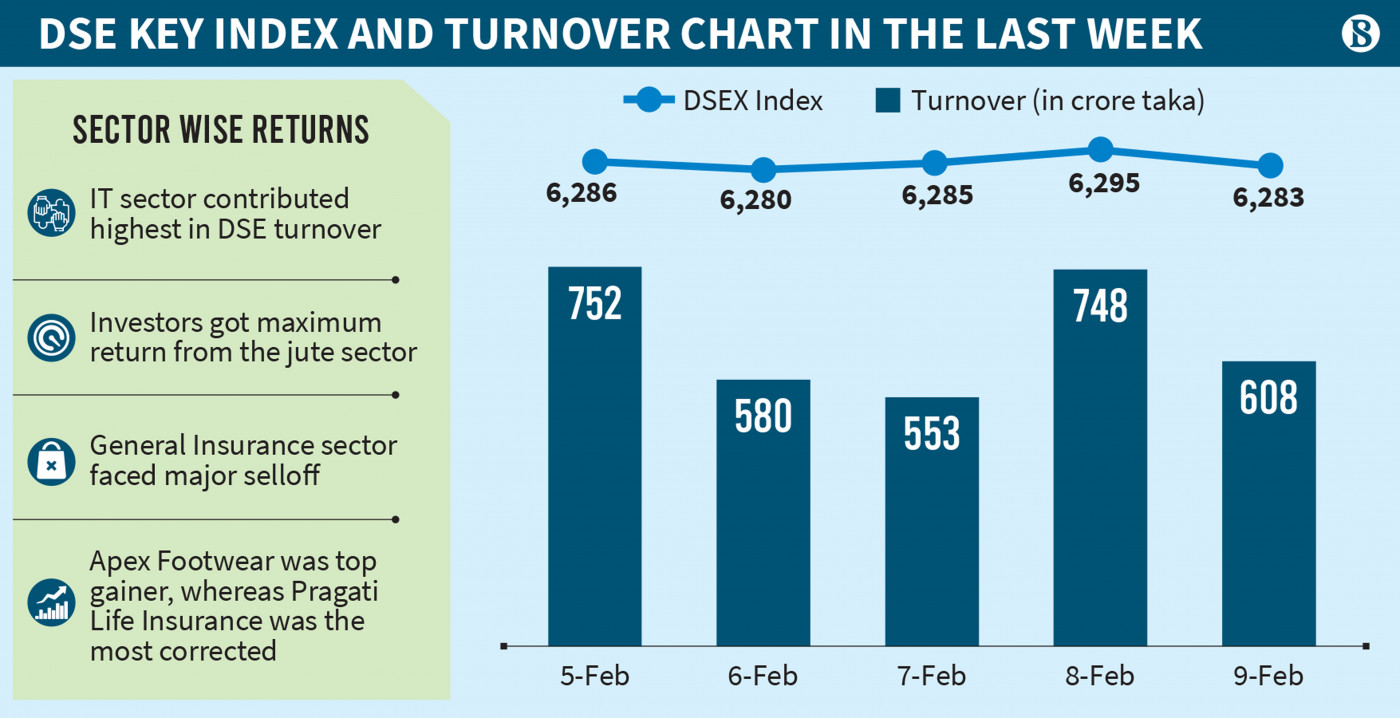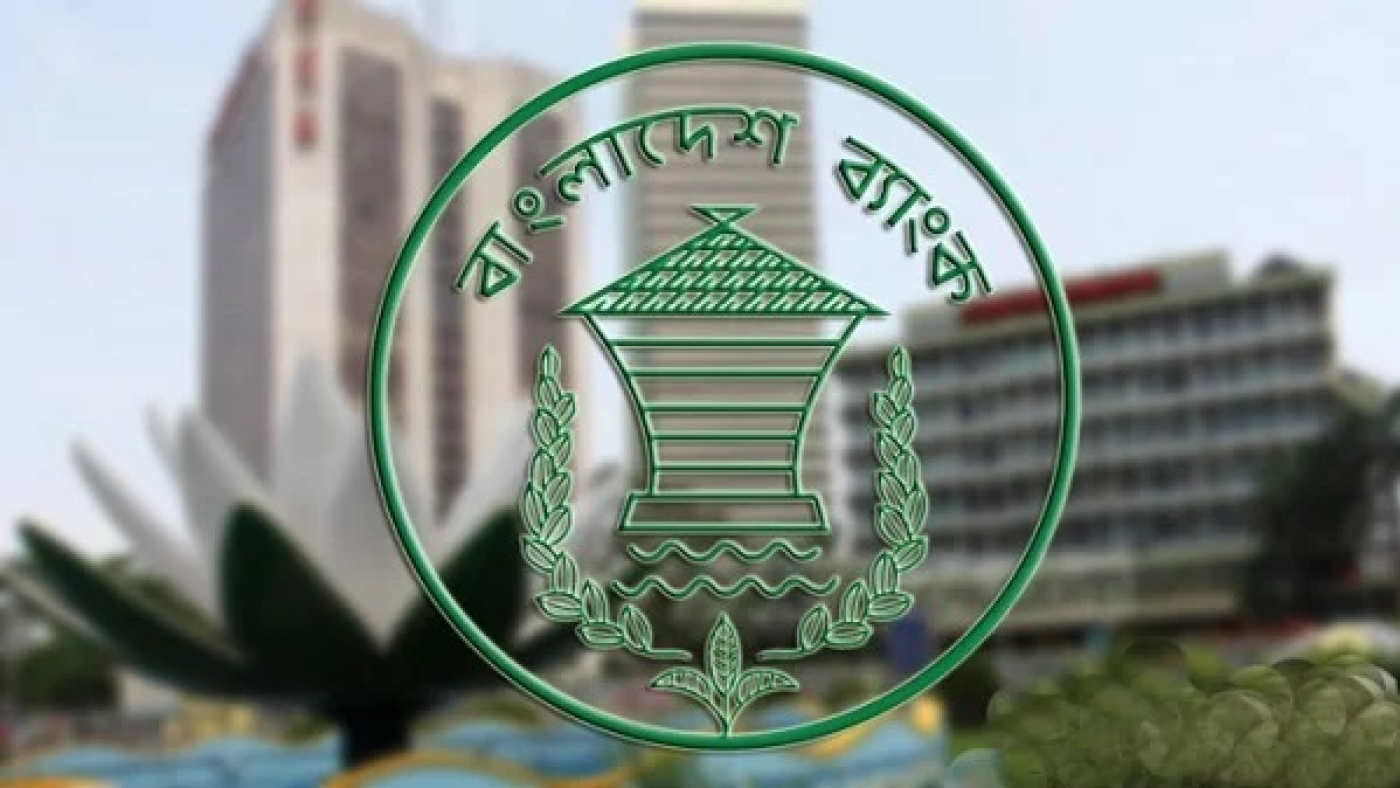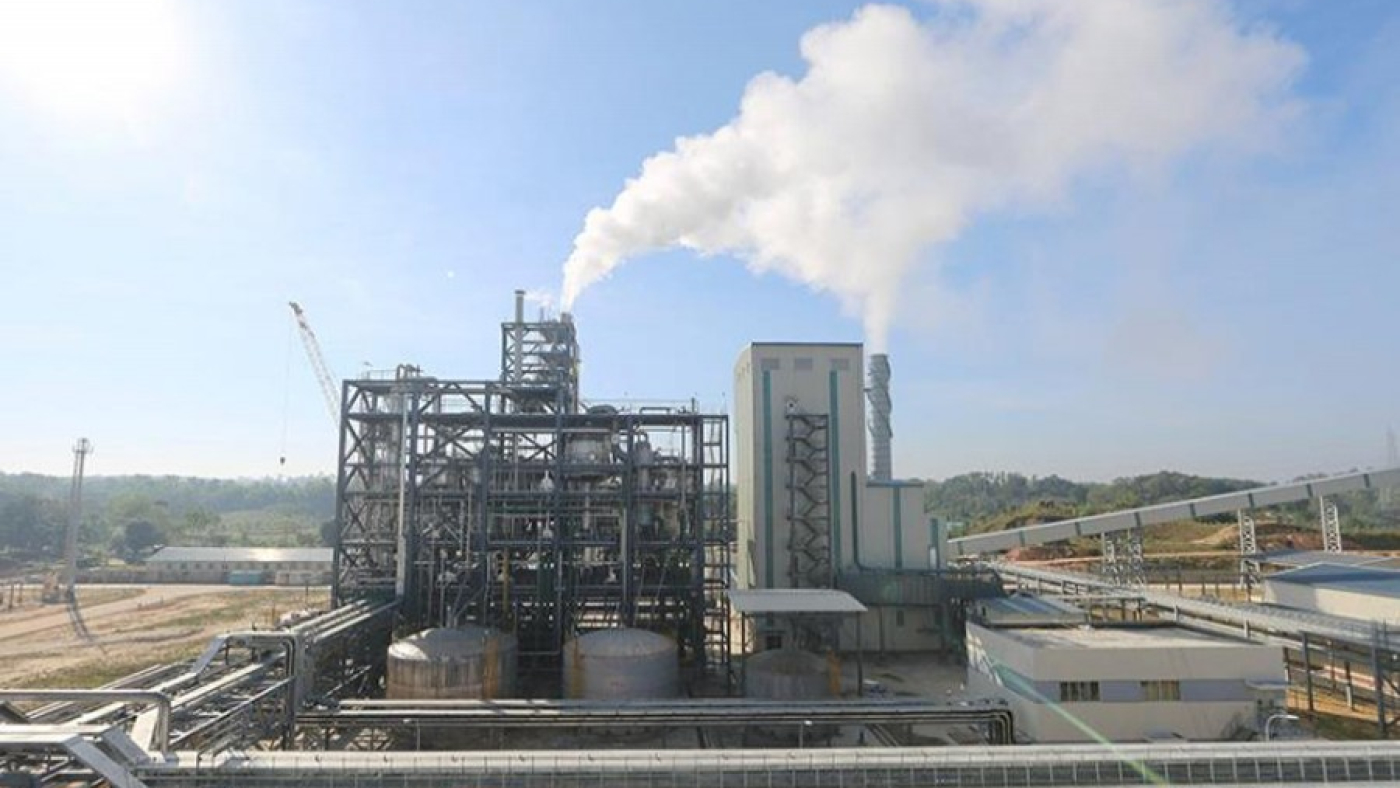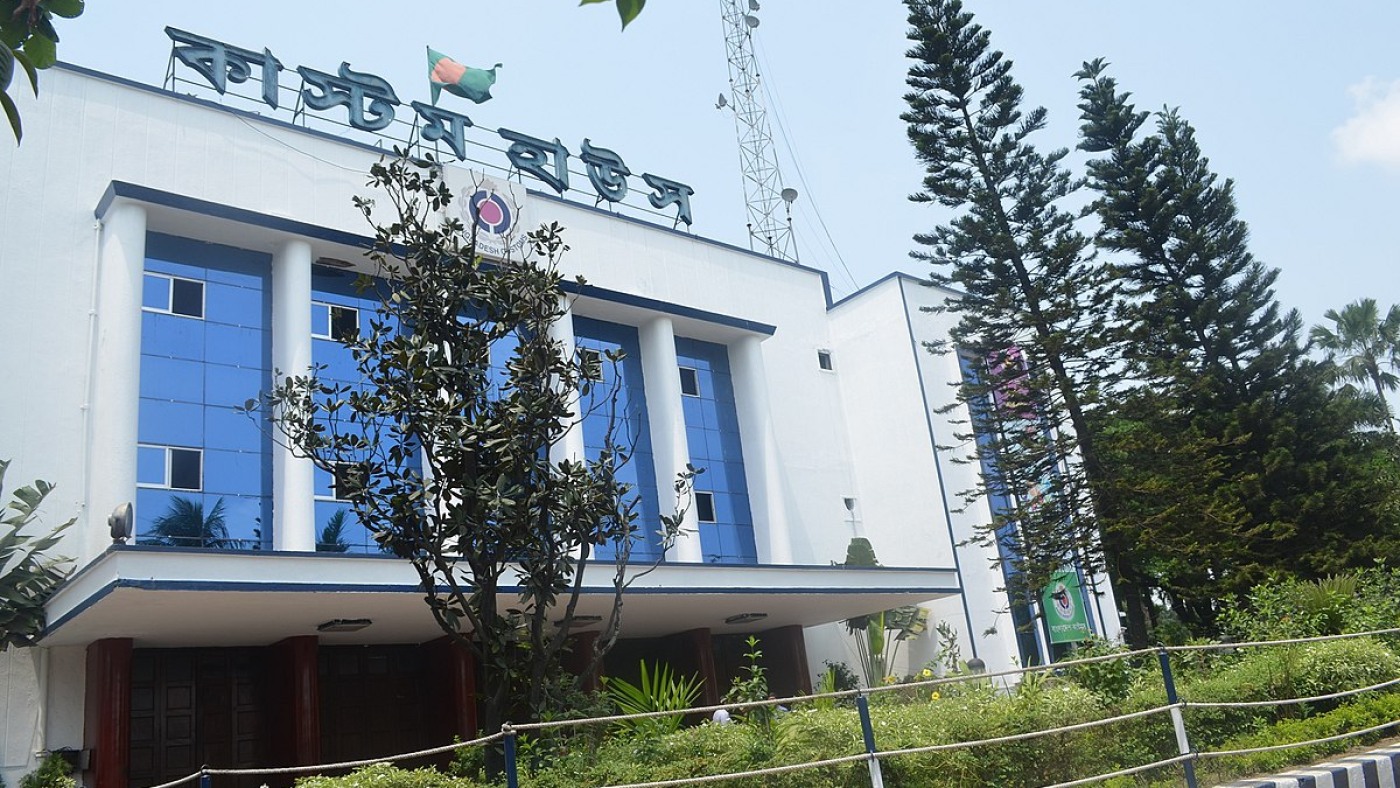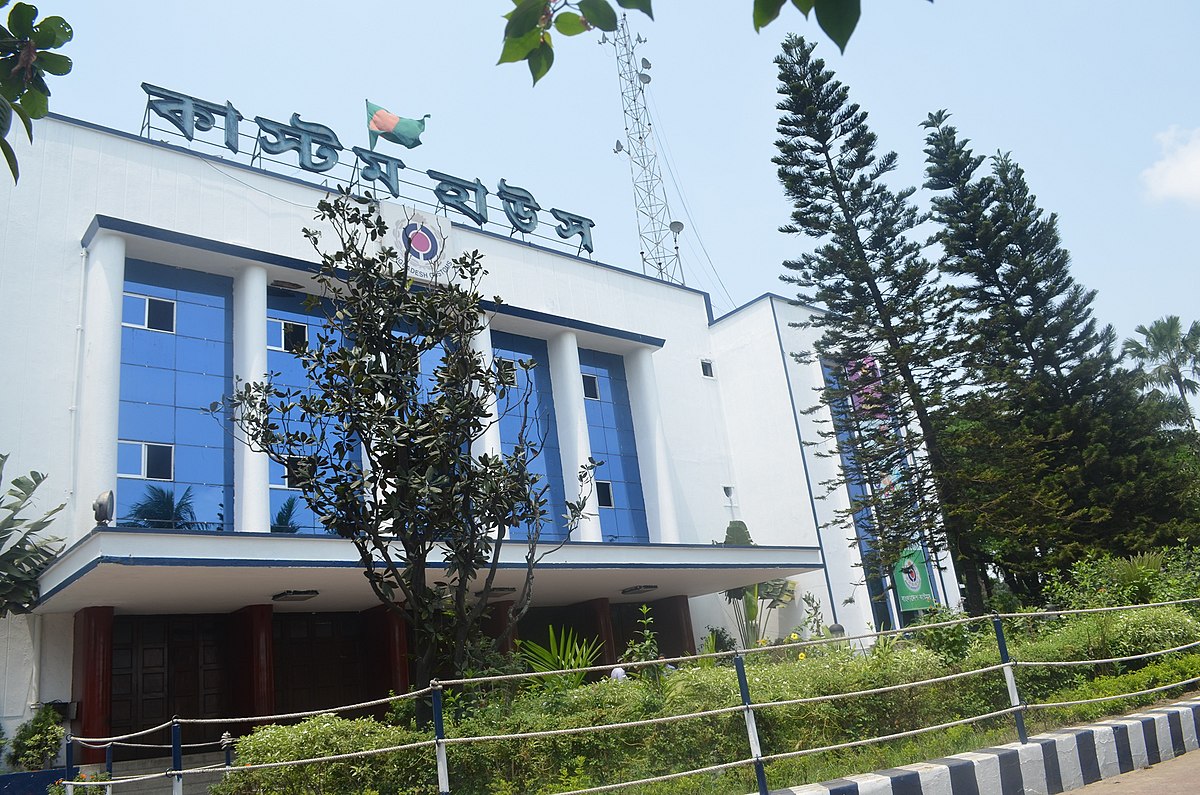Ahead of summer months of skyrocketing electricity demand, the Bangladesh Independent Power Producers’ Association (BIPPA) on Wednesday asked the Bangladesh Bank to provide US dollars to local commercial banks in order to ensure smooth power generation, among three other demands.
In a letter, the BIPPA asked for the dollars so those could then be used to settle outstanding LCs, an issue which has persisted since the dollar crisis started.
The association of power producers also asked the Bangladesh Bank to enable local commercial banks to process LCs for critical imports such as HFO (Heavy fuel oil), lube oil and spare parts for power generation.
The BIPPA letter warned that as weather heats up, electricity demand will also surge.
“In addition, demand for electricity will sharply rise for irrigation at the onset of Boro harvest season and upcoming Ramadan.
“We feel that with the support from Bangladesh Bank we may be able to alleviate some of the above mentioned issues before the country faces heavy load-shedding during this critical period.”
It also requested that the single borrower limits for the power generation sector be raised. The single borrower exposure limit is 25% of banks’ regulatory capital. Amid a hike in dollar costs, the Bangladesh Bank in July withdrew the single borrower exposure limit for six months in the case of lending to power producers.
In the 12 February letter signed by BIPPA President Faisal Khan, the association also asked the central bank to support the Bangladesh Power Development Board in paying “the extremely overdue payments”.
The government currently owes independent power producers around Tk16,000 crore, say BPDB officials. The arrears were around Tk22,000 crore last month.
The BIPPA pointed out that due to the shortage of US Dollars in the market, it was not possible for the member companies to comply with their obligation to maintain the required HFO, lube oil and spare parts stock to meet electricity demand.
Similarly, the current financial crisis and prevailing dollar shortage had led to local commercial banks refusing to open LCs to import those items.
“All our member companies are facing severe cash-flow crisis due to the extreme delay in monthly electricity bills payable by BPDB,” the letter said, adding, “Most of our member companies are facing huge financial losses due to the working capital needs and severe losses due to Taka-US Dollar depreciation.”
Mezbaul Haque, executive director and spokesperson, Bangladesh Bank, said, “We have received the letter and will look into the matter. We will also scrutinise the sectors the government is giving importance to and release dollars as needed.”
Faisal Khan, president, BIPPA, told The Business Standard that they had a meeting with the central bank governor on the amount of dollars which needed to be released to import HFO.
“He assured us that he would provide the required currency to open and settle LC,” he said.
“At present, we can only import 70% of the required fuel to generate electricity. But if the remaining 30% of fuel import is not recovered, power generation from fuel-based power plants will not improve to meet the growing summer demand,” he added.
The BIPPA has also written to the governor of the Bangladesh Bank, requesting a courtesy call.
Normally, the BIPPA requires around 3.5 lakh tonnes of furnace oil each month to supply 26% of total electricity demand.
Currently, 15 lakh pumps are being operated by farmers. Of these, approximately one-third run on electricity and the remaining on diesel.
Alimuddin Bishu of Bogura’s Sariakandi irrigates about 60 bighas of land with an electrical pump. But frequent electricity cuts, now 5-7 times in the daytime, force him to irrigate at night.
Next to Bishu’s land, another farmer Saju Pramanik irrigates the land with a diesel-run machine. He has Boro paddy on 5 bighas of land this season.
According to the Power Grid Company of Bangladesh Limited (PGCB) Bogura office, the power demand in three grids is 120 megawatts during peak hours.
“Now 80%-90% of that is being supplied,” said Iqbal Hossain, assistant engineer of Power Grid Company of Bangladesh (PGCB) Bogura office.
He said power demand goes up by 30% during the summer.
Delays in payments by the BPDB are costing private power producers dearly as four of the eight listed power companies reported loss in the first half of the current fiscal year.
According to officials at the companies concerned, BPDB is supposed to pay for fuel imports and capacity charges within 45 days of power supply, but the state-owned agency is not doing so due to the dollar crisis as the charges are payable in dollars.
Imran Karim, former president of the BIPPA, earlier told The Business Standard how they were facing two types of problems due to late payments — increased borrowings from banks and increased losses on foreign currency exchange.
Citing an example, he had said they received the April dues in September and accordingly paid to banks as imported fuel costs. “We got the payment at the April dollar rate. But after receiving the payment in September, we had to pay the energy cost to the banks at a higher rate for dollars,” he said, explaining how rising exchange rates inflated their costs.
Last month, their association proposed increasing the usage of HFO or furnace oil-based power plants to meet the demand surge next summer and save foreign currency used to import costly liquefied natural gas. In its proposal to the Power Division, it estimated that the use of furnace oil-based plants can be increased from 40% to 66% this year and it would help the government save on electricity cost by cutting expensive spot LNG needs.




